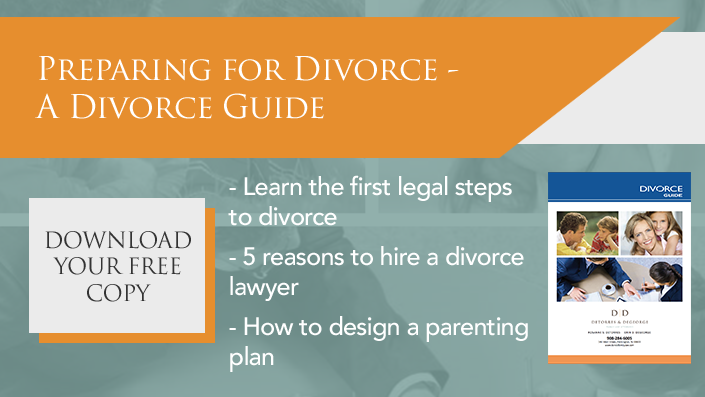Mediation is an excellent solution for a variety of family law cases, such as divorce, custody, child support, and more. Because divorce mediation in New Jersey has so many benefits and very few drawbacks, it is recommended that almost all couples at least try it. But there are some instances when mediation is not an appropriate option. These include the following situations:
- Domestic violence
For mediation to work, both parties must come to the table of their own free will and with the ability to make their own decisions free of any intimidation or duress. If there has been domestic violence in your family, it may not be possible to speak your mind, feel confident in your choices, or express yourself in a mediation setting. - Mental disability or substance-abuse issues
If one of the parties has a mental disability that impairs decision-making or has a substance-abuse problem, mediation is not appropriate because there is no guarantee that the person is reasoning well or understanding the choices and options. - Inability to be in the same room
In some situations, one of the parties feels emotionally unable to sit in the same room with the other person, either due to fear of outbursts, an inability to contain emotion, or due to threats or intimidation. To use mediation effectively, you need to be able to stand up for yourself, express your opinion, and talk face to face with the other person without any fear of retribution. Note that there is a process called shuttle mediation in which the parties sit in separate rooms and the mediator moves between the rooms, mediating without the two parties ever seeing each other.
When is mediation appropriate?
But in many cases, mediation can work successfully for many divorcing families. We have found that while cooperative couples more readily choose to mediate, families with high degrees of conflict need mediation even more due to the high costs of litigation, which may at times provoke additional conflict.
Divorce mediation in New Jersey can take place either with the parties and a mediator alone or with parties represented by counsel and the mediator. A mediator is a neutral third party who may explain the law to the parties, but will not counsel either party as to whether a proposal is in his or her best interest. They will simply try to broker an agreement between the parties and reach what is known as a “memorandum of understanding.” It is often beneficial to mediate with your attorney present in order to streamline the process and ensure that you are reaching an agreement that is in your best interest by being able to immediately discuss the proposal with counsel.
How to decide if mediation is right for you
We have developed the following indicators to help clients confirm their decision to attempt divorce mediation in New Jersey. An absence of many of the indicators does not make successful mediation impossible. However, it does mean that disputes may be more difficult and costly to settle. If you are considering using the mediation process to resolve your divorce, you should consider which of the below conditions exist in your situation:
- The grieving process is ongoing or complete for both parties.
- The attorneys retained by the parties are experienced in and supportive of mediation.
- There are no acts of hiding assets.
- There are no acts of denying access to the child(ren).
- Both parties agree to total accessibility to documentation regarding assets, liabilities, and income.
- There is no history of violence or abuse.
- The parties have a history of cooperative and successful problem-solving on some issues.
- The parties are capable and willing to communicate with each other and with the mediator in a reasonable and civil manner.
- There is some pressure to settle because of time, high attorney costs, or unpredictable outcome.
- There are adequate resources to find a compromise (limited resources tend to create more competitive relationships and striving for win/lose outcomes).
- The parties’ desire for the settlement of the dispute is high.
The mediation process for divorce
If you and your spouse think that your case may be a good candidate for the mediation process, it may be important to understand what to expect from the process. Divorce mediation in New Jersey generally begins with the parties (and counsel, if the parties wish) meeting with the mediator. The mediator will outline the process, including his or her role as a mediator, and expectations for the participants. It is common that the parties will provide background information to the mediator in advance of the first mediation session so that the mediator is acquainted with the facts.
The mediator will then meet with the parties, either together in one space or in separate spaces depending on the comfort of the parties. The mediator will work with the parties to create options for resolutions and help the parties think about open issues from different perspectives. This will often continue over a number of sessions, usually about two hours per session, until an agreement is reached. The agreement reached following mediation is memorialized in a “Memorandum of Understanding,” which is the framework for the entire resolution of the parties’ matter. This can then be used as the basis for the final settlement agreement in the matter.
At DeTorres & DeGeorge, our attorneys have significant experience in both participating in mediation as advocates for our clients, as well as the role of the mediator. If you believe mediation may be right for you, please call to schedule a consultation with our attorneys today at 908-304-9683.












